
Iyela: The Hidden Gem of Mbeya
Iyela, nestled in the vibrant city of Mbeya, Tanzania, is a neighborhood that offers a captivating blend of natural beauty and rich cultural heritage. As you wander through its streets, you'll encounter friendly locals who are always eager to share stories about their traditions and customs. The neighborhood is surrounded by lush landscapes, making it a paradise for nature lovers and adventure seekers alike. One of the standout features of Iyela is its proximity to the stunning Mbeya Range, offering breathtaking views and numerous hiking trails. The trails are perfect for both novice and experienced hikers, providing an opportunity to explore the region's diverse flora and fauna. Additionally, the neighborhood is known for its fresh produce markets, where you can taste delicious local fruits and vegetables, offering a true taste of Tanzanian cuisine. Cultural enthusiasts will find Iyela particularly intriguing, with its numerous community events and traditional dances. The local artisans are renowned for their craftsmanship, creating beautiful handmade goods that make for unique souvenirs. Whether you are exploring the natural surroundings or immersing yourself in the local culture, Iyela promises an enriching and unforgettable experience.
Local tips in Iyela
- Visit the local markets early in the morning to get the freshest produce and experience the bustling atmosphere.
- Wear comfortable hiking shoes if you plan to explore the Mbeya Range trails.
- Engage with local artisans to learn more about their craft and find unique souvenirs.
- Check local event calendars for community events and traditional dance performances.
Iyela: The Hidden Gem of Mbeya
Iyela, nestled in the vibrant city of Mbeya, Tanzania, is a neighborhood that offers a captivating blend of natural beauty and rich cultural heritage. As you wander through its streets, you'll encounter friendly locals who are always eager to share stories about their traditions and customs. The neighborhood is surrounded by lush landscapes, making it a paradise for nature lovers and adventure seekers alike. One of the standout features of Iyela is its proximity to the stunning Mbeya Range, offering breathtaking views and numerous hiking trails. The trails are perfect for both novice and experienced hikers, providing an opportunity to explore the region's diverse flora and fauna. Additionally, the neighborhood is known for its fresh produce markets, where you can taste delicious local fruits and vegetables, offering a true taste of Tanzanian cuisine. Cultural enthusiasts will find Iyela particularly intriguing, with its numerous community events and traditional dances. The local artisans are renowned for their craftsmanship, creating beautiful handmade goods that make for unique souvenirs. Whether you are exploring the natural surroundings or immersing yourself in the local culture, Iyela promises an enriching and unforgettable experience.
Iconic landmarks you can’t miss
Oback Store
Experience the local culture at Oback Store, a vibrant market in Mwanjelwa, Mbeya, where fresh produce and artisanal crafts await.
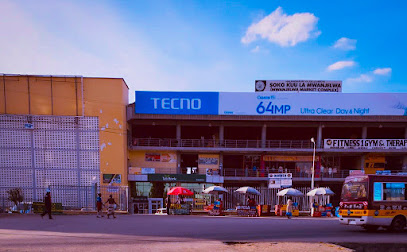
Kabwe Shopping Center
Explore Kabwe Shopping Center, a vibrant shopping mall in Mbeya, Tanzania, offering local crafts, dining, and entertainment for an unforgettable experience.
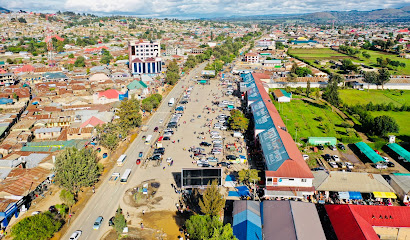
Mbeya Pazuri
Experience the vibrant nightlife at Mbeya Pazuri, where local culture meets a modern bar scene in the heart of Mbeya.
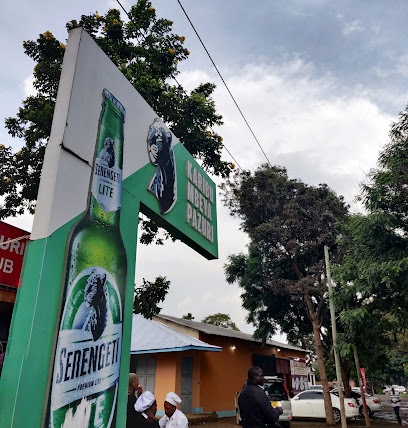
Mbeya Carnival Bar
Discover the vibrant nightlife at Mbeya Carnival Bar, where local flavors meet a festive atmosphere in the heart of Tanzania’s Mbeya region.
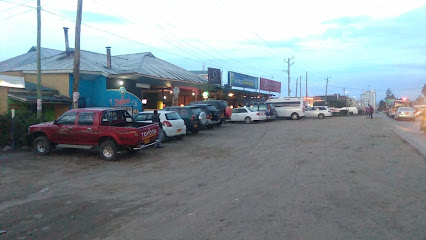
Royal Tughimbe Hall
Discover the cultural heart of Vwawa at Royal Tughimbe Hall, where music and tradition come alive in an unforgettable setting.
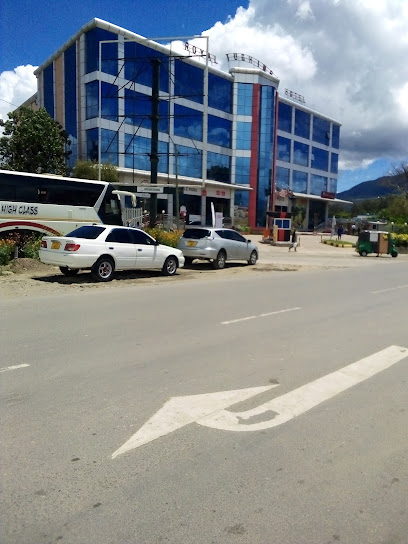
Mbeya IFISI ZOO,museum and ravine
Discover the natural beauty of Tanzania at Mbeya IFISI Zoo, where wildlife encounters and educational experiences await every visitor.
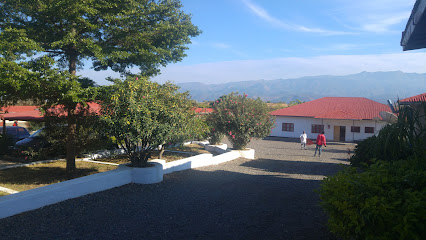
Mzumbe Garden
Experience the serene beauty of Mzumbe Garden in Mbeya, a lush oasis filled with vibrant flora and tranquil pathways for ultimate relaxation.
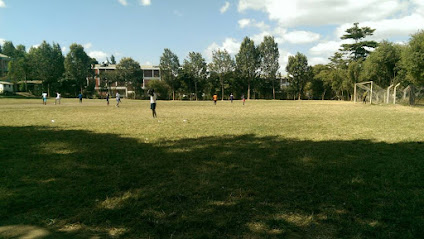
The Great Rift Valley View Point
Experience breathtaking views at the Great Rift Valley View Point in Mbeya, Tanzania's stunning natural wonder and perfect getaway.
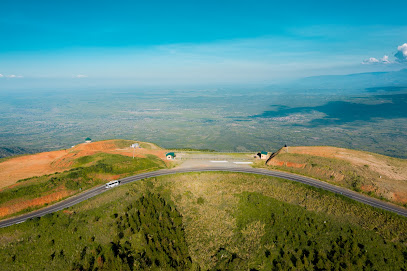
Del Cafe
Discover the enchanting flavors of Mbeya at Del Cafe, where exceptional coffee and local culture blend seamlessly for an unforgettable experience.
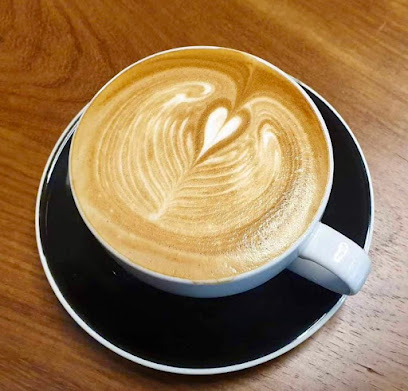
Chunya Road View Point
Explore the stunning landscapes of Chunya Road View Point in Mbeya, Tanzania, where breathtaking views and tranquility await every traveler.
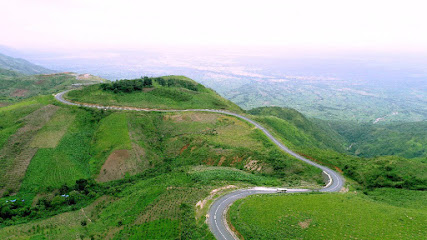
Everyday Mbeya Tours
Explore Mbeya's breathtaking landscapes and vibrant culture with Everyday Mbeya Tours - your adventure in Tanzania starts here!
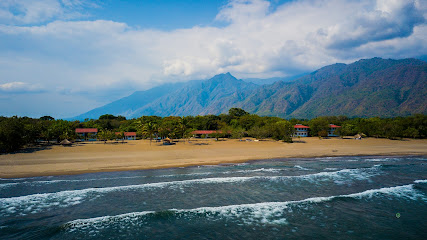
Visit mbeya
Explore the stunning landscapes and rich culture of Mbeya, Tanzania's hidden gem in the Southern Highlands.
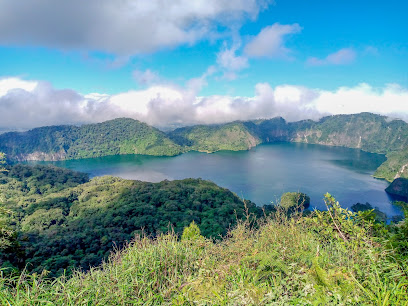
Mnara Wa Mwenge
Explore Mnara Wa Mwenge, a significant historical landmark in Mbeya, celebrating Tanzania's heroes and rich cultural heritage.

SDA church Iyela - Pambogo
Discover the tranquil spiritual oasis of SDA Church Iyela - Pambogo in Mbeya, where community and faith come together in harmony.
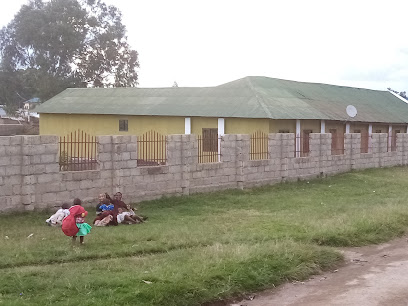
iyera
Explore the vibrant community of Iyera in Mbeya, Tanzania, where local culture meets breathtaking natural beauty in a unique housing complex.

Unmissable attractions to see
Kiwira God's Bridge/ Daraja la Mungu Kiwira
Explore the breathtaking Kiwira God's Bridge in Ikuti, Tanzania - a stunning natural wonder offering adventure and cultural significance in a serene setting.
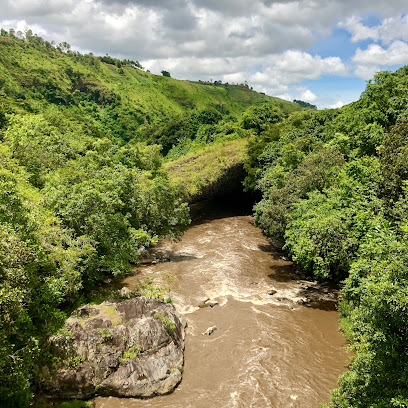
Kapologwe Waterfall
Explore the breathtaking Kapologwe Waterfall in Makeje, Tanzania, a serene natural wonder perfect for adventurers and nature lovers alike.
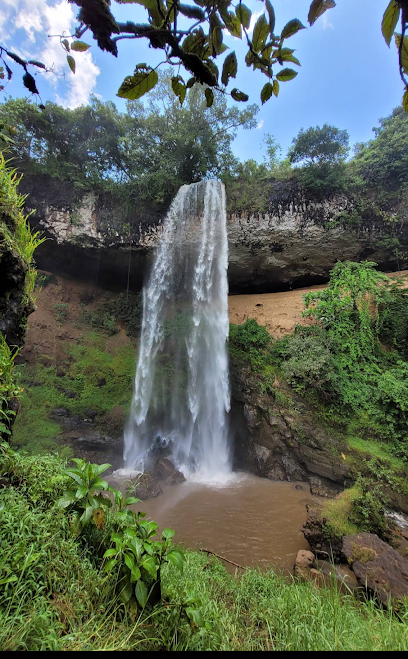
Lake Ngosi View Point
Explore the breathtaking views and tranquility of Lake Ngosi View Point, a must-visit attraction in Tanzania for nature lovers and photographers.
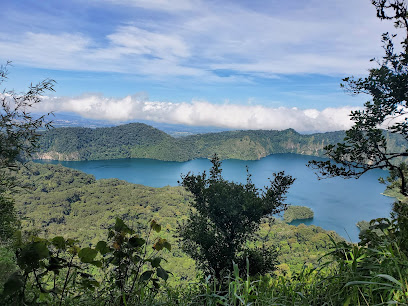
Cross Of The Summit
Explore the breathtaking Cross Of The Summit in Tanzania - a hiker's paradise with stunning views and rich biodiversity.
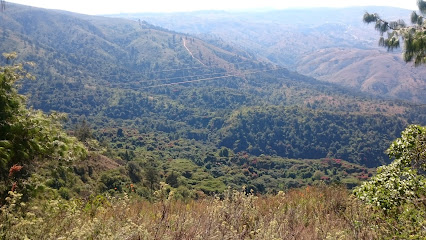
Idunda Water Reserve
Experience the serene beauty and diverse wildlife of Idunda Water Reserve in Mbeya, Tanzania, a perfect getaway for nature lovers and adventurers.
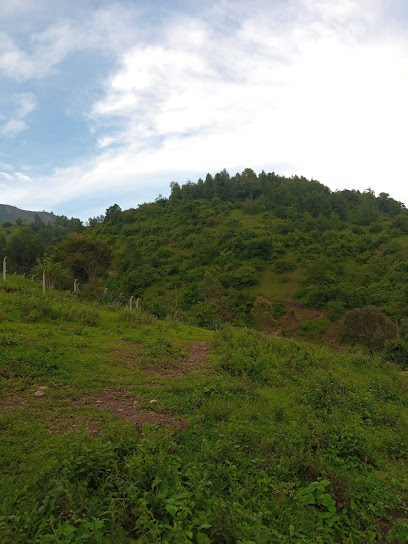
Isabula waterfall
Explore the stunning Isabula Waterfall in Tukuyu, Tanzania, where nature's beauty meets serene tranquility for an unforgettable experience.
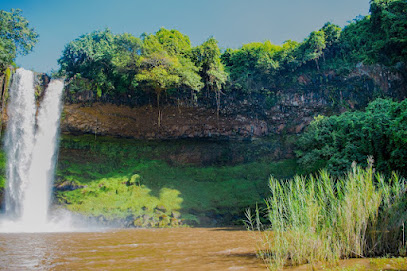
Mbeya Range Forest Reserve
Experience the breathtaking landscapes and rich biodiversity of the Mbeya Range Forest Reserve in Tanzania, a must-visit for nature lovers and adventurers.
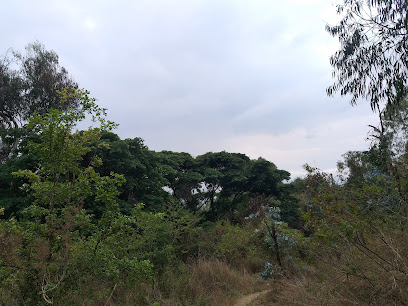
MBEYA
Explore Mbeya, Tanzania - a hidden gem of stunning landscapes, vibrant culture, and unforgettable adventures waiting to be experienced.
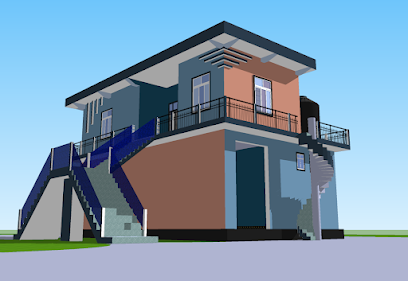
Essential places to dine
Uyole
Experience authentic Tanzanian grilling at Uyole in Mbeya - where flavors meet culture in a lively dining atmosphere.
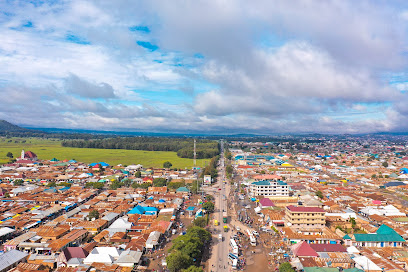
Kastela Restaurant
Experience authentic Tanzanian flavors at Kastela Restaurant in Mbeya - where local cuisine meets warm hospitality.
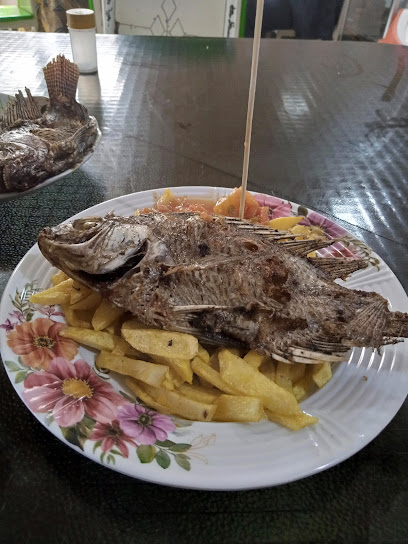
Usungilo Restaurant
Experience authentic African flavors at Usungilo Restaurant in Mbeya – where every meal tells a story of culture and tradition.
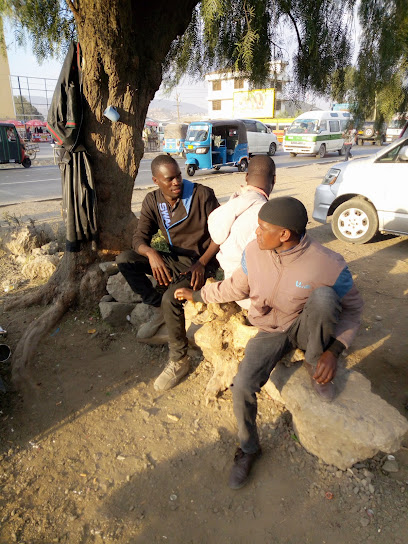
Mbeya Food | Restaurant
Experience authentic Tanzanian cuisine at Mbeya Food Restaurant - where every meal tells a story.

Al Une the pork legends
Experience the rich flavors of Tanzanian cuisine at Al Une the pork legends in Mbeya – where every dish tells a story.
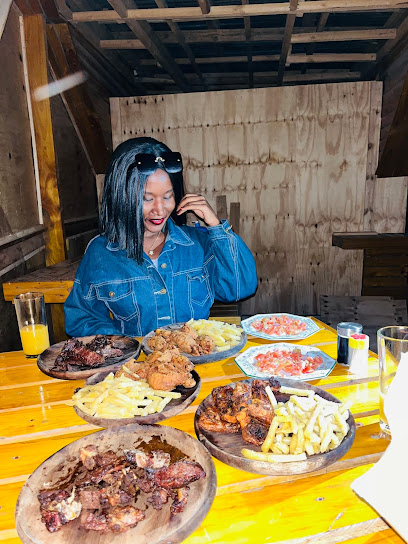
Good Choice Restaurant
Experience authentic Tanzanian cuisine at Good Choice Restaurant in Mbeya – where every meal is a celebration of local flavors.
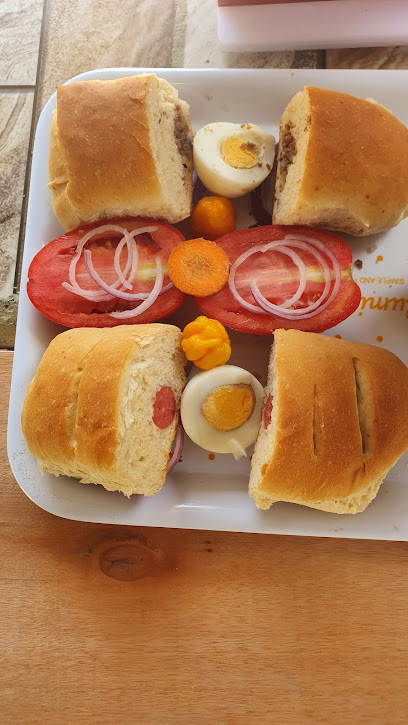
UBUNTU COSTAL FOODS AND TAKE AWAY
Discover authentic Tanzanian coastal cuisine at Ubuntu Coastal Foods in Soweto Mbeya – where fresh ingredients meet vibrant flavors.

ANP UJENZI RESTAURANT
Savor authentic Tanzanian cuisine at ANP UJENZI RESTAURANT in Mbeya - where local flavors meet warm hospitality.

Restaurant Universität
Experience authentic Tanzanian cuisine at Restaurant Universität in Mbeya, where delicious flavors meet vibrant culture.

kajo
Discover authentic Tanzanian flavors at Kajo in Mbeya - a perfect lunch spot for travelers seeking local cuisine.

Markets, malls and hidden boutiques
ALESA Scents & Clothing
Explore ALESA Scents & Clothing in Mbeya for exquisite perfumes and unique clothing, embodying the vibrant spirit of Tanzanian culture.
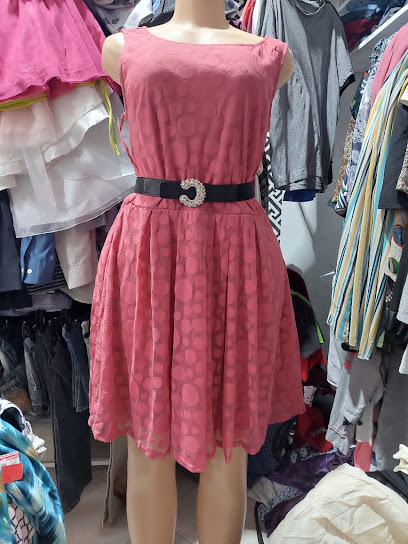
GEE COLLECTION STORE home of quality & latest woman fashion
Explore the latest trends in women's fashion at GEE Collection Store in Mbeya, where quality meets style in a vibrant shopping atmosphere.
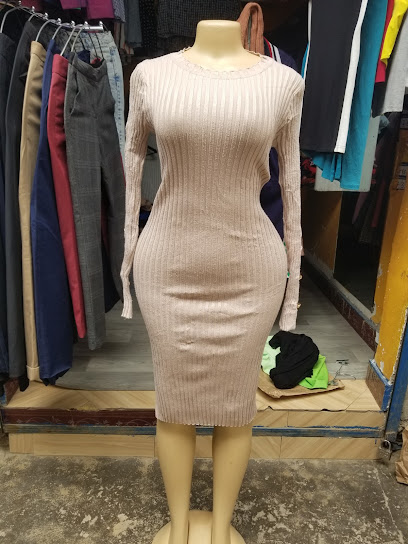
Lualaje
Experience the vibrant shopping and dining at Lualaje Shopping Mall in Mbeya, Tanzania – a cultural hub for locals and tourists alike.

Online. Trade
Explore Mbeya's boutique shopping for unique handmade treasures that embody local craftsmanship and culture.

Isaya mwakyoma shop
Explore Isaya Mwakyoma Shop in Mbeya for unique local crafts, vibrant culture, and a taste of Tanzanian shopping.

Ma J Shop
Discover unique home goods at Ma J Shop in Mbeya, Tanzania - a perfect blend of culture and creativity for every tourist.

CLASSIC_OUTFIT
Discover the vibrant fashion scene in Mbeya at CLASSIC_OUTFIT, where local style meets modern trends in a welcoming atmosphere.
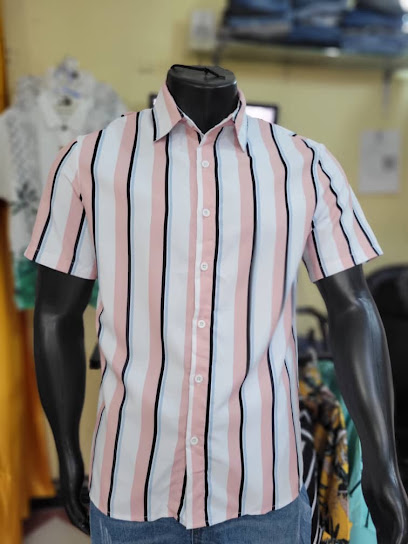
Iyela
Experience the delightful flavors of Iyela's bakeries, where artisanal treats and local ingredients create a culinary adventure in Mbeya.

Pm collection
Explore unique clothing styles at Pm Collection in Mbeya, where local culture meets contemporary fashion for every traveler.

leiza shop
Explore Leiza Shop in Mbeya for an unforgettable shopping experience filled with local culture and vibrant retail options.

Essential bars & hidden hideouts
Mbeya City Pub
Experience the local nightlife at Mbeya City Pub, where delicious drinks and friendly vibes create unforgettable memories in Mbeya.
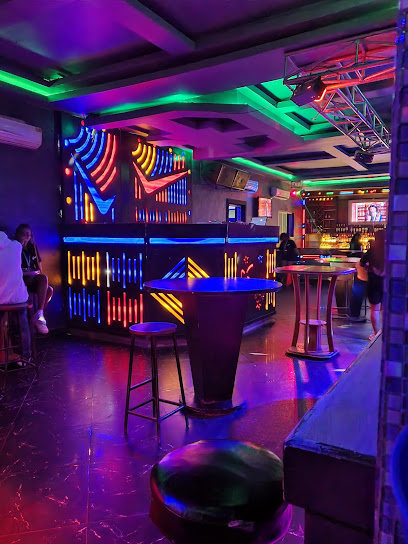
Mbeya Carnival Bar
Discover the lively spirit of Mbeya at Carnival Bar, where local culture meets vibrant nightlife in a perfect blend for travelers.
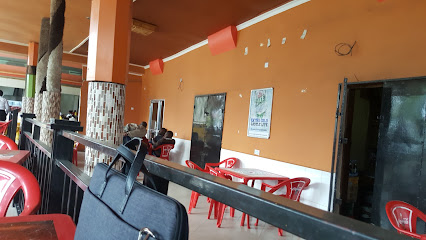
Polos Cocktail Bar (Mbeya)
Discover the vibrant nightlife at Polos Cocktail Bar in Mbeya, where exceptional cocktails and a lively atmosphere await your arrival.
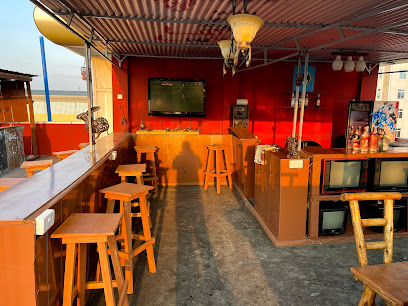
Uyole
Experience the authentic flavors of Tanzania at Uyole, a charming grill destination in Mbeya, perfect for both locals and tourists.
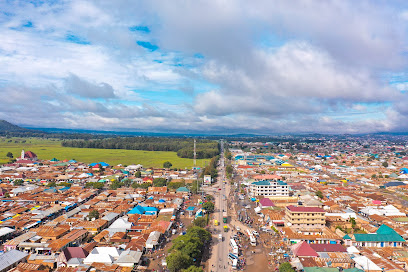
Iwawa Bar
Experience the vibrant atmosphere and local flavors at Iwawa Bar, the perfect gathering place in Mbeya for tourists and locals alike.

JOE PUB
Discover the lively atmosphere of Joe Pub in Mbeya, a bar where locals and tourists come together to enjoy refreshing drinks and great company.
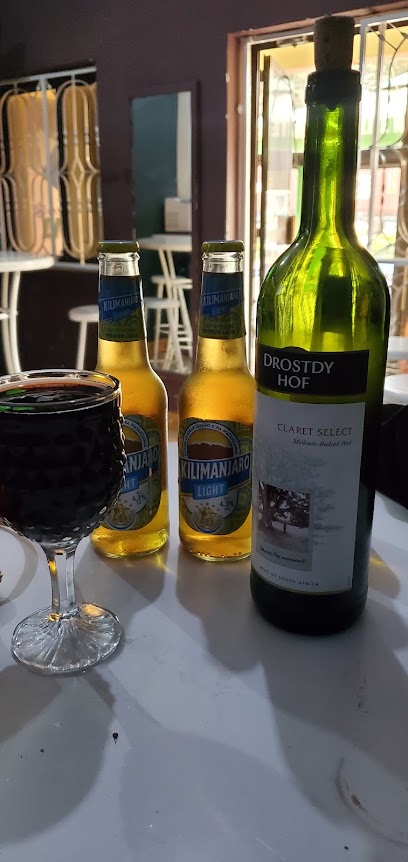
Hook Up Pub And Kitchen
Experience the vibrant nightlife at Hook Up Pub And Kitchen in Mbeya, where delicious food meets a lively atmosphere and great company.
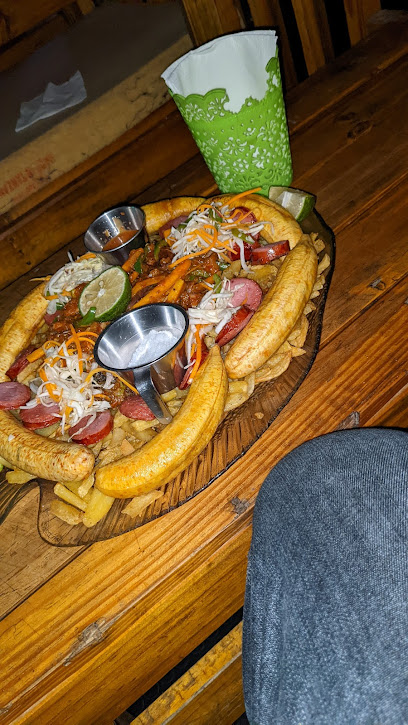
Raja Pub
Discover the vibrant nightlife at Raja Pub in Mbeya, Tanzania, where local drinks and lively music create an unforgettable experience.
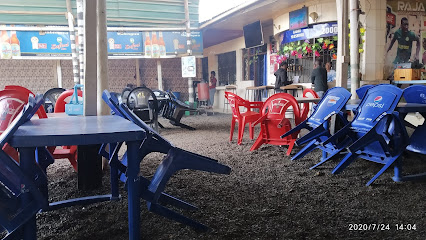
MIDLIFE PUB & LODGE
Discover the lively ambiance of Midlife Pub & Lodge in Mbeya, perfect for a night out with friends and a taste of local Tanzanian culture.

New Elders Pub
Discover the vibrant nightlife of Mbeya at New Elders Pub, where local flavors and a lively atmosphere await every visitor.
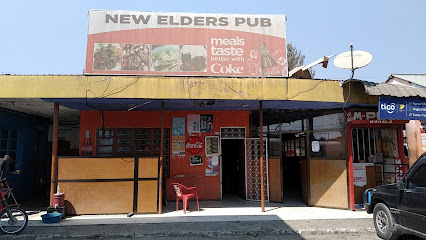
Local Phrases
-
- HelloShikamoo
[shee-kah-moh] - GoodbyeKwaheri
[kwah-heh-ree] - YesNdio
[nn-dee-oh] - NoHapana
[hah-pah-nah] - Please/You're welcomeTafadhali
[tah-fah-dah-lee] - Thank youAsante
[ah-sahn-teh] - Excuse me/SorrySamahani
[sah-mah-hah-nee] - How are you?U hali gani?
[oo hah-lee gah-nee] - Fine. And you?Nzuri. Na wewe?
[nzoo-ree. nah weh-weh] - Do you speak English?Unazungumza Kiingereza?
[oo-nah-zoo-ngoom-zah keen-geh-reh-zah] - I don't understandSielewi
[see-leh-wee]
- HelloShikamoo
-
- I'd like to see the menu, pleaseNingependa kuona menyu, tafadhali
[nee-ngeh-pehn-dah koo-oh-nah meh-nyoo, tah-fah-dah-lee] - I don't eat meatSili nyama
[see-lee nyah-mah] - Cheers!Afya!
[ahf-yah] - I would like to pay, pleaseNingependa kulipa, tafadhali
[nee-ngeh-pehn-dah koo-lee-pah, tah-fah-dah-lee]
- I'd like to see the menu, pleaseNingependa kuona menyu, tafadhali
-
- Help!Sai
[sah-ee] - Go away!Nenda zako!
[nen-dah zah-koh] - Call the Police!Piga Polisi!
[pee-gah poh-lee-see] - Call a doctor!Piga daktari!
[pee-gah dahk-tah-ree] - I'm lostNimepotea
[nee-meh-poh-teh-ah] - I'm illNinaumwa
[nee-nah-oom-wah]
- Help!Sai
-
- I'd like to buy...Ningependa kununua...
[nee-ngeh-pehn-dah koo-noo-noo-ah...] - I'm just lookingNatazama tu
[nah-tah-zah-mah too] - How much is it?Bei ni kiasi gani?
[beh-ee nee kya-see gah-nee] - That's too expensiveHilo ni ghali sana
[hee-lo nee gha-lee sah-nah] - Can you lower the price?Unaweza kushusha bei?
[oo-nah-weh-zah koo-shoo-shah beh-ee]
- I'd like to buy...Ningependa kununua...
-
- What time is it?Saa ngapi?
[sah-ah ngah-pee] - It's one o'clockNi saa moja
[nee sah-ah moh-jah] - Half past (10)Saa moja na nusu
[sah-ah moh-jah nah noo-soo] - MorningAsubuhi
[ah-soo-boo-hee] - AfternoonMchana
[moh-cha-nah] - EveningJioni
[joh-ee-nee] - YesterdayJana
[jah-nah] - TodayLeo
[leh-oh] - TomorrowKesho
[keh-shoh] - 1Moja
[moh-jah] - 2Mbili
[mm-bee-lee] - 3Tatu
[tah-too] - 4Nne
[nn-neh] - 5Tano
[tah-noh] - 6Sita
[see-tah] - 7Saba
[sah-bah] - 8Nane
[nah-neh] - 9Tisa
[tee-sah] - 10Kumi
[koo-mee]
- What time is it?Saa ngapi?
-
- Where's a/the...?Iko wapi...?
[ee-koh wah-pee] - What's the address?Anuani ni ipi?
[ah-noo-ah-nee nee ee-pee] - Can you show me (on the map)?Unaweza kunionyesha (kwenye ramani)?
[oo-nah-weh-zah koo-nee-oh-nyeh-shah kweh-neh rah-mah-nee] - When's the next (bus)?Basi lijalo ni saa ngapi?
[bah-see lee-jah-loh nee sah-ah ngah-pee] - A ticket (to ....)Tiketi (kwenda ...)
[tee-keh-tee (kwehn-dah ...)]
- Where's a/the...?Iko wapi...?
History of Iyela
-
Iyela, like much of the Mbeya region, has roots that trace back to pre-colonial times when various tribes, particularly the Bantu-speaking peoples, settled in the area. These communities engaged in agriculture and trade, utilizing the fertile lands and favorable climate of the Mbeya highlands.
-
The arrival of European colonial powers in the late 19th century brought significant changes to Iyela. The Germans established control over the region in the 1890s, leading to the introduction of cash crops and new agricultural practices. This era marked the beginning of urbanization as roads and railways were developed, connecting Iyela to larger trade routes in Mbeya.
-
Following Tanzania's independence in 1961, Iyela underwent a transformation as the new government sought to develop rural areas. Agricultural cooperatives were formed, and the community began to modernize while still honoring traditional practices. This period was characterized by increased access to education and healthcare, improving the overall quality of life for residents.
-
Iyela is a vibrant neighborhood that showcases the diverse culture of the Mbeya region. Traditional music, dance, and crafts are integral parts of community life. The people of Iyela celebrate various festivals throughout the year that reflect their rich cultural heritage, often involving traditional foods, attire, and storytelling.
-
In recent years, Iyela, like many neighborhoods in Mbeya, has faced challenges such as urbanization, climate change, and economic pressures. However, the community has shown resilience by adapting to these changes while maintaining its cultural identity. Efforts are underway to promote sustainable practices and preserve local traditions amidst modernization.
Iyela Essentials
-
Iyela is easily accessible from other neighborhoods in Mbeya. If you're coming from Mbeya town center, you can take a daladala (shared minibus) heading towards Iyela, which operates frequently throughout the day. Alternatively, taxis are available and can be hired for a more direct route. The journey typically takes around 10-20 minutes, depending on traffic conditions.
-
Iyela can be explored on foot, as many local attractions are within walking distance. For longer distances or to explore surrounding areas, daladalas and motorbike taxis (boda-boda) are convenient options. Renting a bicycle can also be a fun way to navigate the neighborhood and enjoy the scenery.
-
Iyela is generally safe for tourists, but it is advisable to exercise caution, especially after dark. Areas near the bus station and some back streets may experience higher crime rates, including petty theft and pickpocketing. Always keep your belongings secure and be aware of your surroundings.
-
In case of an emergency, dial 112 for police assistance or seek help at the nearest hospital. Local clinics are available for minor health issues. It is advisable to have travel insurance that covers medical emergencies. Pharmacies are also present in Iyela for over-the-counter medications.
-
Fashion: Do dress modestly, especially in more conservative areas. Avoid wearing revealing clothing. Religion: Do respect local customs; when visiting religious sites, remove shoes and be quiet. Public Transport: Do offer your seat to elderly passengers and don't engage in loud conversations. Greetings: Do greet people with a friendly handshake or a nod. Eating & Drinking: Do try local foods and accept offers of hospitality. Don't eat in public transport or litter in the streets.
-
To experience Iyela like a local, visit the bustling markets where you can find fresh produce and local crafts. Engage with shopkeepers and residents, as they are often welcoming and eager to share their stories. Consider trying traditional Tanzanian dishes at local eateries to get a taste of the culture. Additionally, participating in community events or festivals can provide a deeper understanding of local customs.
Trending Landmarks in Iyela
Nearby Cities to Iyela
-
Things To Do in Karonga
-
Things To Do in Iringa
-
Things To Do in Mzuzu
-
Things To Do in Kasama
-
Things To Do in Nkhata Bay
-
Things To Do in Dodoma
-
Things To Do in Tabora
-
Things To Do in Singida
-
Things To Do in Morogoro
-
Things To Do in Chipata
-
Things To Do in Salima
-
Things To Do in Lilongwe
-
Things To Do in Kigoma
-
Things To Do in Mangochi
-
Things To Do in Dar es Salaam









